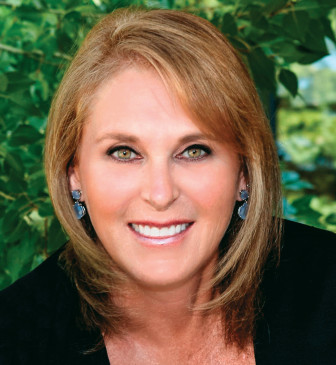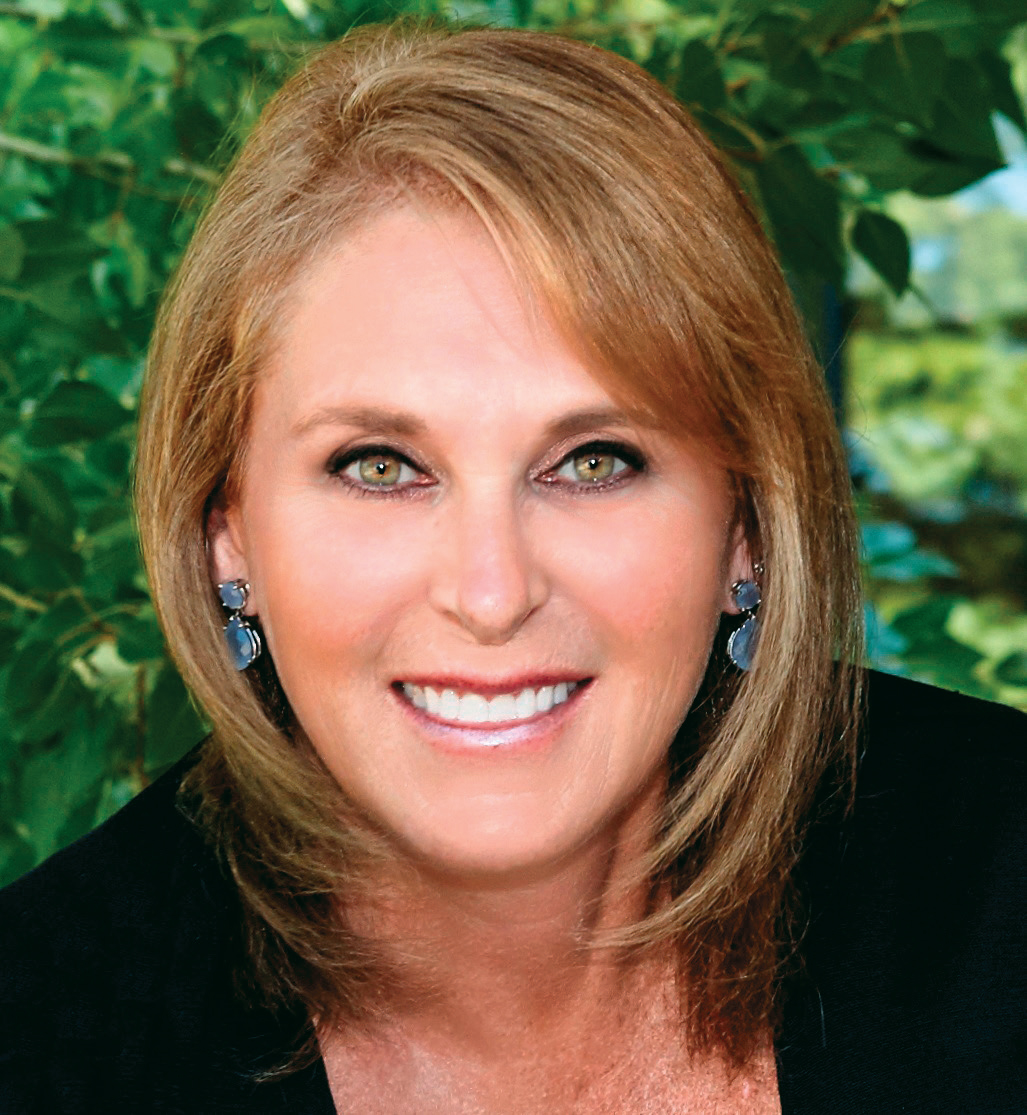 We frequently hear news focused on how well or how poorly U.S. students are performing in school. We’re told our students are slipping behind other countries, states aren’t meeting national benchmarks, or students in one district can’t read by the third grade. While it’s important to determine if our schools are providing children the academic foundation to succeed, these reports mask some of the deeper challenges our schools and our children face.
We frequently hear news focused on how well or how poorly U.S. students are performing in school. We’re told our students are slipping behind other countries, states aren’t meeting national benchmarks, or students in one district can’t read by the third grade. While it’s important to determine if our schools are providing children the academic foundation to succeed, these reports mask some of the deeper challenges our schools and our children face.
Children in too many schools aren’t meeting national benchmarks because they didn’t eat dinner the night before or have breakfast that morning. They’re not reading in third grade because they’ve never had glasses to see the chalkboard and learn how. They’re slipping because they’re consumed with problems at home they can’t escape, even while at school.
Just as important as academic benchmarks, though, are the other skills kids are failing to develop, which education news often fails to mention. While some young people leave school and attend enriching activities, receive help with homework, or are read to before bedtime, others receive none of these supports. It’s the lack of these out-of-school supports that research shows deepens the divide between students, determining who succeeds and who struggles.
Thankfully, out-of-school-time (OST) programs have long provided some of our neediest children with critical supports and resources so they develop the social and emotional learning (SEL) skills schools don’t have time to foster. It’s these skills — like grit, resilience and empathy — we now know are critical for lifelong success and can influence graduation and employment.
Unfortunately, there are not enough programs and resources to meet the level of need among today’s youth. It’s often hard for OST programs to retain staff, who often leave seeking better paying or fulltime work in education. Budgets are tight and reliant on grants and public funding. And though many programs have significant impact, their strategies aren’t frequently shared or elevated across the field.
Two years ago, we set out to discover how the OST field could capitalize on its potential. Teaming up with the David P. Weikart Center, we sought out some of the best OST programs in the country, hoping to learn how they helped students develop SEL skills and, most importantly, how we could all learn from them.
Hundreds of programs from all over the country applied for the SEL Challenge, and from these we selected eight programs in seven cities that had made a dedicated commitment to SEL and vulnerable youth aged 14 through 19. After extensive research, we found top-notch youth programs have a lot in common, no matter what they offer or where they’re based.
We saw just how much of an effect staff can have on young people’s lives, an impact different and even more powerful than that of teachers or family. We found that all children — no matter where they live or what they’ve been through — can deepen their social and emotional growth. Most of all we learned from the youth themselves that good programs change lives by helping young people realize their potential to endure and advance.
We also realized that the incredible work of these programs and many others like them often goes unnoticed. The powerful stories of youth progress aren’t typically shared past the program, a family or a school — nor are the reasons why. If the OST field wants to have systemic, widespread change for more vulnerable youth, our approach has to shift. Programs can no longer focus solely on their participants, district or community. They have to look to the field more broadly.
We hope to start that process by sharing what we’ve learned from the Challenge through our new, free field guide, to stimulate new conversations on how we can work collaboratively to create stronger OST programs nationwide. We believe that in learning from each other, the field can develop consensus on best practices for any program, in any community.
We don’t mean to suggest we know it all, though. Much like the youth in OST programs, we’re learning and growing as a field as we go along. This growth can be slow, incremental or even unnoticeable at first. But together, we can identify ways to scale effective approaches that recognize constraints in the field while helping set up more young people to lead long, successful lives.
Susan Crown is the founder of the Susan Crown Exchange, a Chicago-based national foundation focused on equipping the rising generation with the skills needed to thrive in the 21st century. More information on the SEL Challenge and the field guide are online at selpractices.org.


























